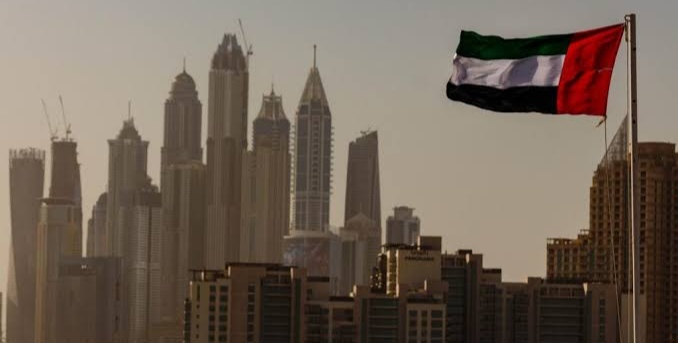By John Ikani
The United Arab Emirates (UAE) has said all government entities will adopt a new working-week schedule that will consist of four and half days, with Friday afternoon, Saturday and Sunday forming the new weekend.
The UAE observed a Thursday-Friday weekend until 2006, when it moved to Fridays and Saturdays with the private sector following suit.
“The extended weekend comes as part of the UAE government’s efforts to boost work-life balance and enhance social wellbeing, while increasing performance to advance the UAE’s economic competitiveness,” said state news agency WAM, describing the new working week the shortest in the world.
The development is a major shift aimed at improving competitiveness, officials said on Tuesday.
The “national working week” is mandatory for government bodies from January 1 and bucks the regional norm of a full day-off on Friday for Muslim prayers.
While becoming the only Gulf country not to have a Friday-Saturday weekend, the resource-rich and ambitious UAE now comes into line with the non-Arab world.
Under the new model, employees will have to complete an eight-hour workday from Monday to Thursday but are only expected to work only for 4.5 hours on Friday.
Government employees will also be allowed to choose “flexible work or work-from-home options” on Fridays.
Meanwhile, Friday sermons and prayers will be held at 1:15pm.
In predominantly Muslim countries, Friday is usually considered the holiest day of the week. In some of the neighbouring countries, shops and vendors are prohibited from opening before Friday prayers end.
The new arrangement is another bold step for the UAE, which last year bucked decades of Arab consensus by normalising relations with Israel, unlocking hundreds of millions of dollars in deals.
The shift likely will see the private industry and schools follow suit, as they did in 2006 when the week changed from Saturday to Wednesday – a workweek followed in some Muslim-majority countries, such as Iran and Afghanistan.
The UAE has in the past year taken measures to make its economy more attractive to foreign investment and talent, including introducing longer-term visas. It has also revised laws regarding cohabitation before marriage, alcohol and personal status laws.




































